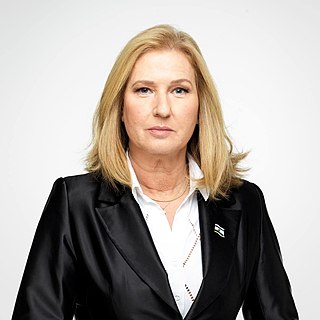A Quote by Dalai Lama
Refraining from harm, not out of fear, but out of concern for others, their well-being and out of respect is non-violence.
Quote Topics
Related Quotes
We must realize that violence is not confined to physical violence. Fear is violence, caste discrimination is violence, exploitation of others, however subtle, is violence, segregation is violence, thinking ill of others and condemning others are violence. In order to reduce individual acts of physical violence, we must work to eliminate violence at all levels, mental, verbal, personal, and social, including violence to animals, plants, and all other forms of life.
There is no fear in love, but perfect love casteth out fear. Fear is a painful emotion that arises at the thought that we may be harmed or made to suffer. As long as we must trust for survival to our ability to out look or out maneuver the enemy, we have every good reason to be afraid. Fear is torment. To know that love is of God and to enter into the secret place leaning upon the arm of the Beloved, this and only this can cast out fear.
So many of the models of courage we've had, ones that are still taught to boys and girls, are about going out to slay the dragon, to kill. It's a courage that's born out of fear, anger, and hate. But there's this other kind of courage. It's the courage to risk your life, not in war, not in battle, not out of fear ... but out of love and a sense of injustice that has to be challenged. It takes far more courage to challenge unjust authority without violence than it takes to kill all the monsters in all the stories told to children about the meaning of bravery.
Fear of death is understandable, being that we are all going to die, but fear of life and suffering is more of an irrational fear because it's something that can be avoided. The torturous part is that suffering can be avoided if you have good luck. That's somewhat out of our hands, but is it? I don't know. "Is bad luck self-harm by another name?"
Anger is a response that can lead to harm if we don't evaluate what we are upset about. Ask yourself what you are afraid of, as anger is almost always fear in disguise. If we think something or someone threatens us, we feel fear-fear that we are inadequate, that our lives are out of control, that things won't go our way. Then we fight. Find out what you're upset about. We rarely are upset for the reason we think.
Domestic violence affects many young people, whether in their relationships with each other or if they have grown up with violence in their homes. From playing Ste on Hollyoaks I can imagine how frightening it would be to have him as a boyfriend. Violence and bullying in relationships is always unacceptable. Everyone should Expect Respect in all of their relationships, and not only expect to be respected but to give respect to others as well.






































